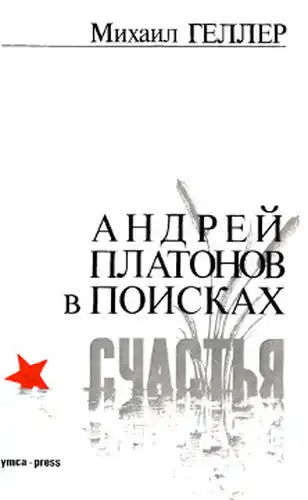€ 6.00
The Sinking of the Titanic: A Comedy
Гибель «Титаника»: комедия
Hans Magnus Enzensberger is the most significant German poet of the second half of the 20th century, a successor of the civic lyric tradition from Heine to Brecht. For a long time, he combined political radicalism with aesthetic radicalism. Enzensberger called his epic catastrophe a "comedy," sarcastically reinterpreting Dante's definition: "A comedy is a poetic work of medium style with a terrifying beginning and a happy end." It is a comedy in the conventional sense, but the range of the author's reflection is broad — from the "ship of fools" to the "bright future," from the "human comedy" to the gags of silent cinema. At its core lies the fading of the revolutionary hopes of the 1960s.
The first version of "The Sinking of the Titanic" was created in 1969 in Havana, during Enzensberger's work in support of the Cuban revolution. However, the only copy was lost on its way to Europe. Thus, the creation history echoes the main theme of the poem.
The unsinkable liner, embodying all the benefits of Western civilization, sank two years before the outbreak of World War I. It stands as a grand metaphor for a prosperous society, whose paths are inscrutable and catastrophes unpredictable. According to the poet, we do not know the laws of history, and the results of social evolution and political activity are impossible to foresee, which is the reason for the failure of all positive utopias.
The transformation of the sunken Titanic into a mythologem and a powerful engine of the cultural industry is also reflected in the poem, which has been translated into Russian for the first time.
To this day, H. M. Enzensberger remains one of the most influential European intellectuals.








